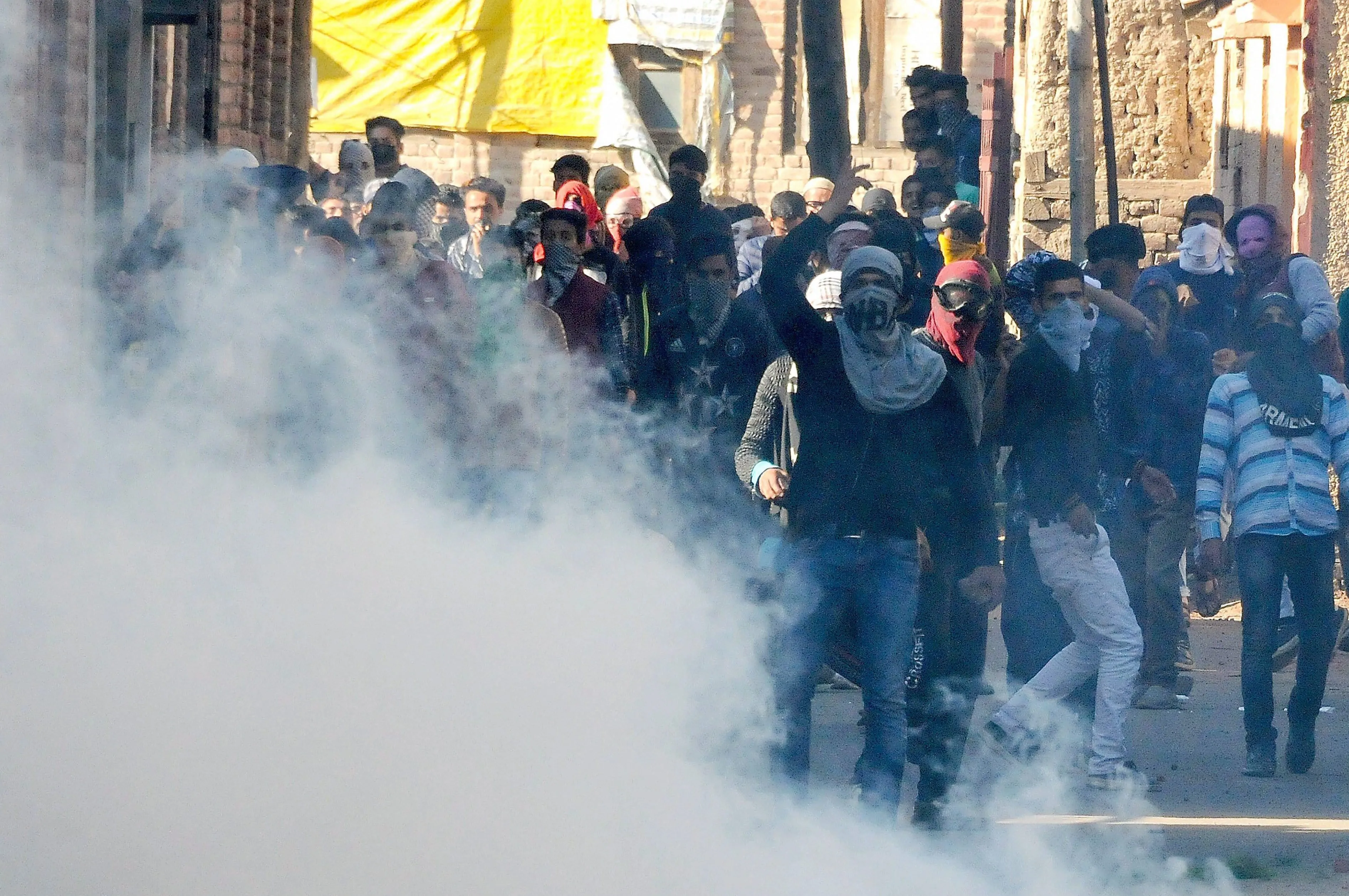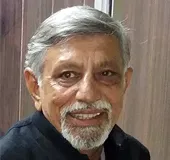-
CENTRES
Progammes & Centres
Location
The US knows that the Pakistan government has little to no control over the support to terror groups as it is done by the deep state, comprising the army and the ISI. The regular warning to the Pakistan government to act, have been ignored.

As per Pakistan’s Dawn newspaper reports, US Chairman of Joint Chiefs of Staff, General Joseph Dunford, and Defence Secretary, James Mattis, are expected to visit Pakistan shortly, seeking cooperation from it in their war against the Taliban in Afghanistan. The visit comes after the US announced the completion of deployment of an additional 3,000 troops in Afghanistan and its readiness to commence joint operations with Afghan forces. An additional 2,000 troops from NATO nations are still awaited. Thus, Afghanistan would have over 15,000 NATO troops.
The US strategy in Afghanistan is to apply pressure on the Taliban, by degrading its fighting capabilities and targeting its leadership, to come to the negotiating table with the Afghan government without any preconditions. For this strategy to move forward and produce results, it is essential that the Taliban and Haqqani leadership, presently located in safe bases in Pakistan, must be dislodged into the mountains of Afghanistan. It is only by dislodging would the US be able to target them, compelling them to come forward for negotiations. Further, if Afghanistan is to be stabilised economically, and its military trained and equipped, it would need additional assistance. This is the role that the US visualises for India, after all India has a major stake in seeking stabilisation of Afghanistan.
Pakistan, a major player in the region, as being Afghanistan’s neighbour and an ardent supporter of the Taliban and Haqqani network, needs to be compelled to act. There is clearly a mismatch in perceptions of the US and Pakistan, concerning Afghanistan, which unless bridged, would neither bring about peace in the country nor permit the NATO to withdraw successfully. Though peace in Afghanistan is in Pakistan’s interest, there is a difference in the nature of peace it desires.
For Pakistan, Afghanistan has always been its strategic backyard, which it seeks to control, by having a favourable pro-Pakistan government in place. Hence, it is unwilling for India to have any role in the nation. It has always had a few misconceptions, which need to be set aside. The first is that India is fuelling insurgency in Baluchistan, through Afghanistan. Second, India has the support of the Afghan intelligence agency, National Directorate of Security (NDS), in supporting anti-Pakistan militancy and insurgencies. Third, the NDS and the Afghan government are providing sanctuary to anti-Pakistan terror groups, which regularly target Pakistan, with tacit Indian support. In simple terms, India is already playing a destabilising role in Pakistan, through Afghanistan. Hence, any incident occurring in Pakistan is blamed on Indian intelligence agencies. Even during the ongoing standoff in Islamabad, the Pak interior minister, Ashan Iqbal, claimed that the protestors were in contact with India.
Pakistan has also been stating that the Taliban does not need Pak territory for sanctuary as it controls almost 40 percent of Afghanistan. Pakistan’s regular international cry has been that it has been the largest sufferer in the battle of terror and its anti-terror operations have forced all terror groups from its soil. Its accusations of India and Afghanistan of interfering in its internal matters and its own battle against terror are generally ignored by the world body.
The US views are at a variance. It is of the firm belief that unless the Taliban and Haqqani network are choked of weapons and funds as also pushed out of Pakistan, there is little possibility of them engaging in peace talks. Further, the US is willing to up the ante by employing drone strikes across the border, into Pakistan to target those who are still located there. To further prove its seriousness, it has made release of funds to Pakistan, contingent to its action against these groups. However, to provide Pakistan some leeway, it has delinked the LeT from the Haqqani network.
The US knows that the Pakistan government has little to no control over support to terror groups as it is done by the deep state, comprising the army and the ISI. Hence, regular warning to the Pakistan government to act, have been conveniently ignored. With additional deployment completed, it is now time for pressure to be applied, to compel Pakistan to act or NATO would face failure. So, the coming visits by the US top brass to Pakistan is very crucial.
The US has limited options and time, if it must force Pakistan’s hands. As winter commences, the Taliban hibernates, regrouping and reorganising, while preparing for its summer offensive. The Taliban and Haqqani network leadership should not be permitted to enter Pakistan in the winters, but remain in the mountains of the Pak-Afghan border, open to US drone strikes.
Blocking flow of funds to Pakistan is one option, but with China backing Pakistan, this may not succeed. It needs to threaten Pakistan of being projected as a sponsor of terror groups, while seeking to remove it from the list of non-NATO allies. This would be a diplomatic blow for a nation, which has prided itself as being a victim of terror. Simultaneously, it should commence enhancing drone strikes across the border, unmindful of collateral damage. Such an action would lower the prestige and standing of the Pakistan army, as it would be questioned for being unable to protect its own population.
Internally, the US could request Afghanistan to quit using Karachi as its export base and shift its exports through Chabahar, with Indian support. This would impact Pak’s supposed control over Afghan trade, which it implements by blocking the international border.
However, the biggest carrot in US hands is the Indian factor in Afghanistan. The very suggestion of enhancing Indian role in Afghanistan is anathema in Pakistan’s eyes. It may be willing to act, if assured that Indian role would not imply an increase in influence and deployment in the country. Since Pakistan views the world through an Indian prism, such a move may be enough for it to change its perceptions. Another minor carrot could be a promise to target the anti-Pak Taliban in equal measure.
The US needs Pakistan to act, but has not been able to compel it to do. It needs to apply pressure on the deep state, including threatening to increase drone strikes across the border, enhance Indian presence and influence as also embarrass Pakistan in international forums to force it to act. If it does not do so, it may well continue in Afghanistan for another few decades, or withdraw in failure akin to the Soviets.
The views expressed above belong to the author(s). ORF research and analyses now available on Telegram! Click here to access our curated content — blogs, longforms and interviews.

An alumnus of the National Defence Academy Major General Harsha Kakar is a graduate of the DSSC LDMC and the National Securities Studies Course at ...
Read More +